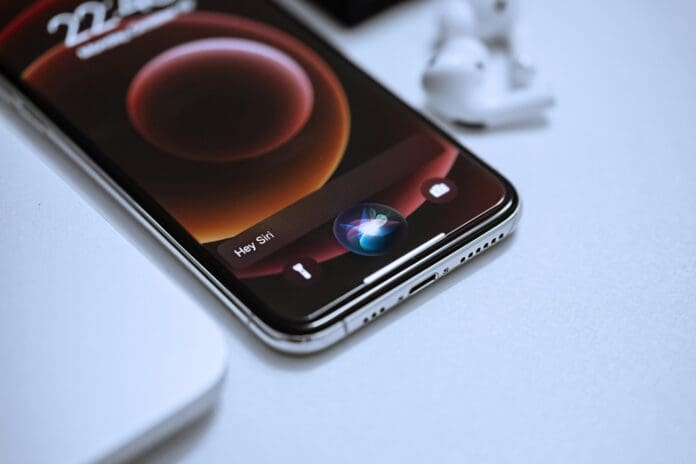This post is also available in:
 עברית (Hebrew)
עברית (Hebrew)
In a landmark settlement, Apple has agreed to pay $95 million to resolve a class action lawsuit regarding Siri’s unauthorized eavesdropping on user conversations. This settlement comes after multiple reports of users experiencing unsolicited ads triggered by private discussions, raising privacy concerns about Apple’s voice assistant.
Siri, Apple’s virtual assistant, is intended to activate only when users trigger it with a specific phrase like “Hey Siri.” However, complaints have surfaced that the assistant sometimes activates on its own, eavesdropping on private conversations without consent. These incidents led to intrusive advertisements, ranging from promotions for shoes to restaurant offers. In one alarming case, a patient reportedly received ads for medical treatments after discussing private health matters with their doctor.
This lawsuit, covering the period from September 17th, 2024, to December 31st, 2024, allows affected users to claim compensation of up to $20 for each Siri-enabled device they own, which includes iPhones, iPads, HomePods, Apple Watches, and more. With millions of Apple customers potentially eligible, this compensation could reach a significant number of users.
Apple, which has long marketed itself as a champion of privacy, faces scrutiny over the breach of trust in Siri’s behavior. This settlement reflects the growing concerns in the tech world about how user data is handled and raises questions about the true privacy of voice-activated assistants. As technology becomes increasingly integrated into our daily lives, users are often unknowingly consenting to data tracking, which is then used for targeted advertising.
For users looking to protect their data, disabling voice activation on Siri and reviewing app permissions is a proactive step. With this lawsuit, Apple joins other companies facing similar scrutiny, and it marks a significant moment in the ongoing conversation about the balance between convenience and privacy in the digital age. While the $20 compensation may seem small in comparison to the breach, it signals a broader shift toward greater transparency in how our personal information is handled by tech companies.


























